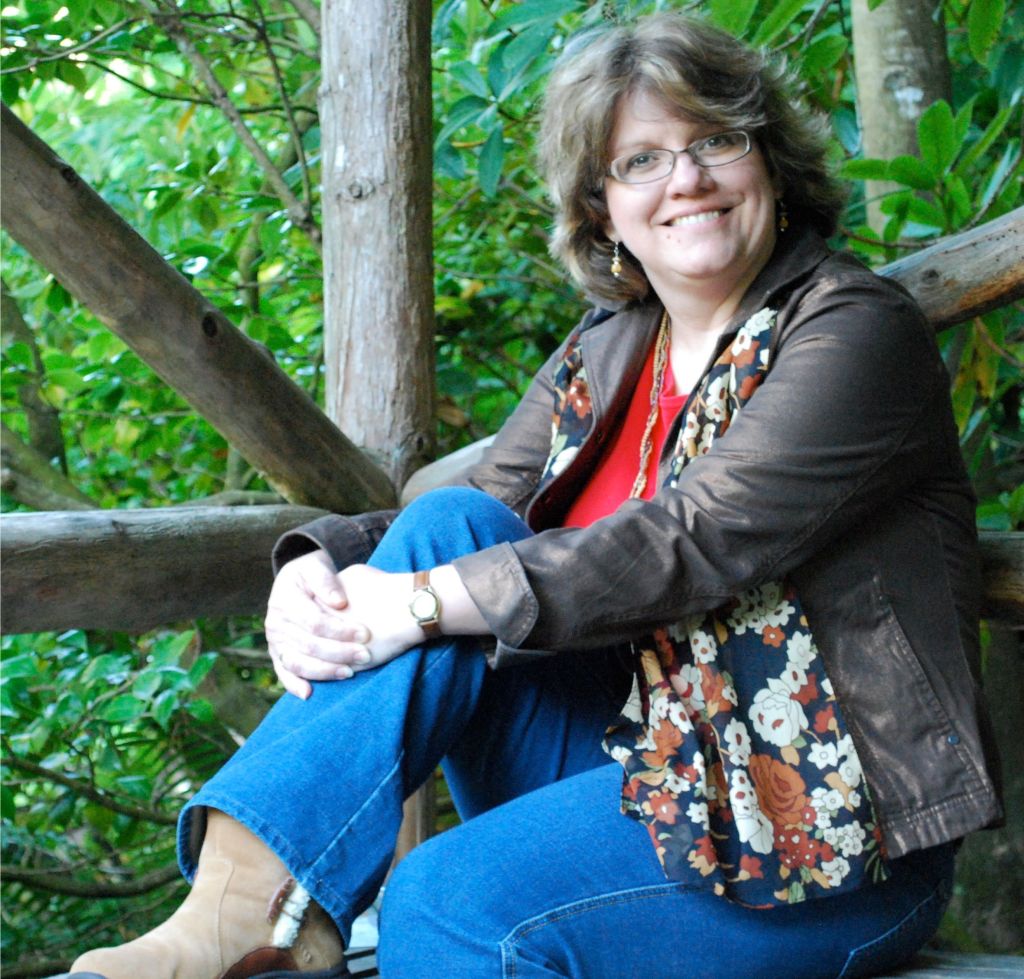by Melissa Heiland
I love everything about Sanderlings. I love to watch them hop cheerily along the beach. I even love their name—precious little sand creatures.
One day, as I was sitting at the beach basking in the beauty of God’s creation, I noticed a little sanderling that was just a small step behind her flock. She was hopping in time with the rest of her tribe and only slightly behind the rest of the birds. Her lag was so slight, I don’t think I would have noticed except that she was hopping directly in front of me. I had to take a second, perhaps even a third look, to notice that she only had one foot.
This struck me so strongly. This tiny creature that spends her day hopping had only half as many legs as the rest of her tribe. Yet, she looked identical to the rest unless you look very carefully. Her pace was almost identical and her life brought the same joy to the beach-combing onlookers as the rest.
The sanderling was not concerned about what anyone else was thinking. She did not care that she was different from the others. She hopped happily along, not noticing or worrying about being different. She brought joy to her world being the creature God created her to be with no thoughts of comparison or desire to be like everyone else. The fact that she was different only brought hope and courage to those who took the time to notice her differences.
The one-legged sanderling serves as a lesson for us. God wants us to thrive where we are, rejoicing in how He created us. There is nothing to be gained from comparing ourselves to others and wishing we were stronger or smarter or different than God created us to be. In fact, the Lord uses our weaknesses to show His strength and His power.
If we will let Him, the Lord will show His glory through the very things we are tempted to use as fodder for complaints. When we trust that God knows what He is doing, we are free to live our lives serving and rejoicing without the heavy chains of comparison and doubt. We are free to experience joy and bring joy and hope to the lives of others, just as the sanderling did for me that sunny day.
But he said to me, “My grace is sufficient for you, for my power is made perfect in weakness.” Therefore I will boast all the more gladly about my weaknesses, so that Christ’s power my rest upon me. 2 Corinthians 12:9 NIV
This article is brought to you by the Advanced Writers and Speakers Association (AWSA).

About the author: Melissa Heiland is the Founder and President of Beautiful Feet International, a mission organization that plants pregnancy ministries around the world. She is an international speaker and author who is passionate about mommies, babies and sharing the Gospel. She and her husband Ken have 6 children and 10 grandchildren

No Shame, Melissa’s newest release, was written for survivors of sexual abuse. It’s a gentle, 40-day devotional to comfort survivors along their journey to peace and healing. She has written two other devotionals for new and expectant mothers and a children’s book, all of which are available in Spanish. As a missionary, she has written Get Set, a short devotional that will help equip and prepare short-term missions teams for their upcoming trip.
Join the conversation: Do you tend to compare yourself to others?


























